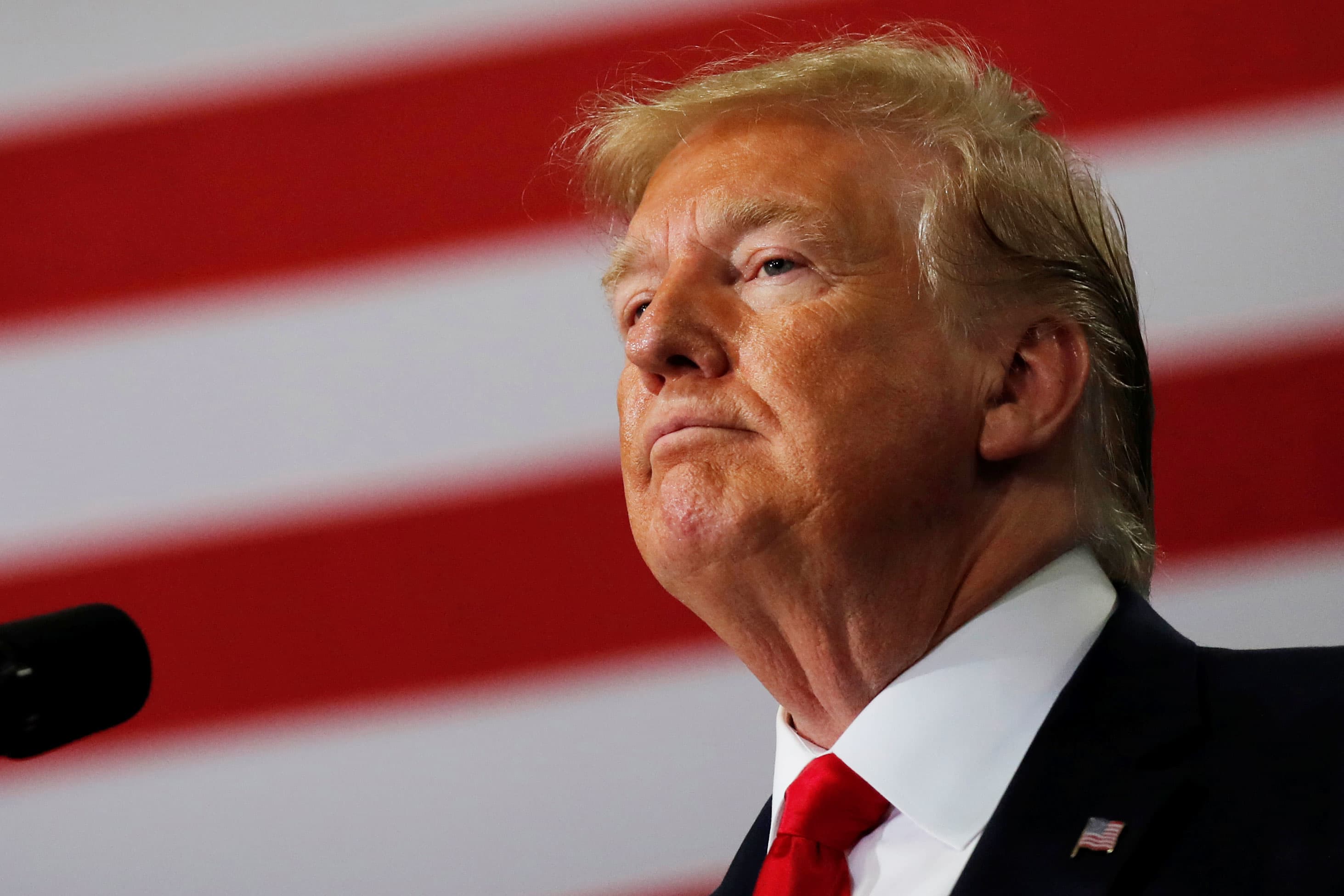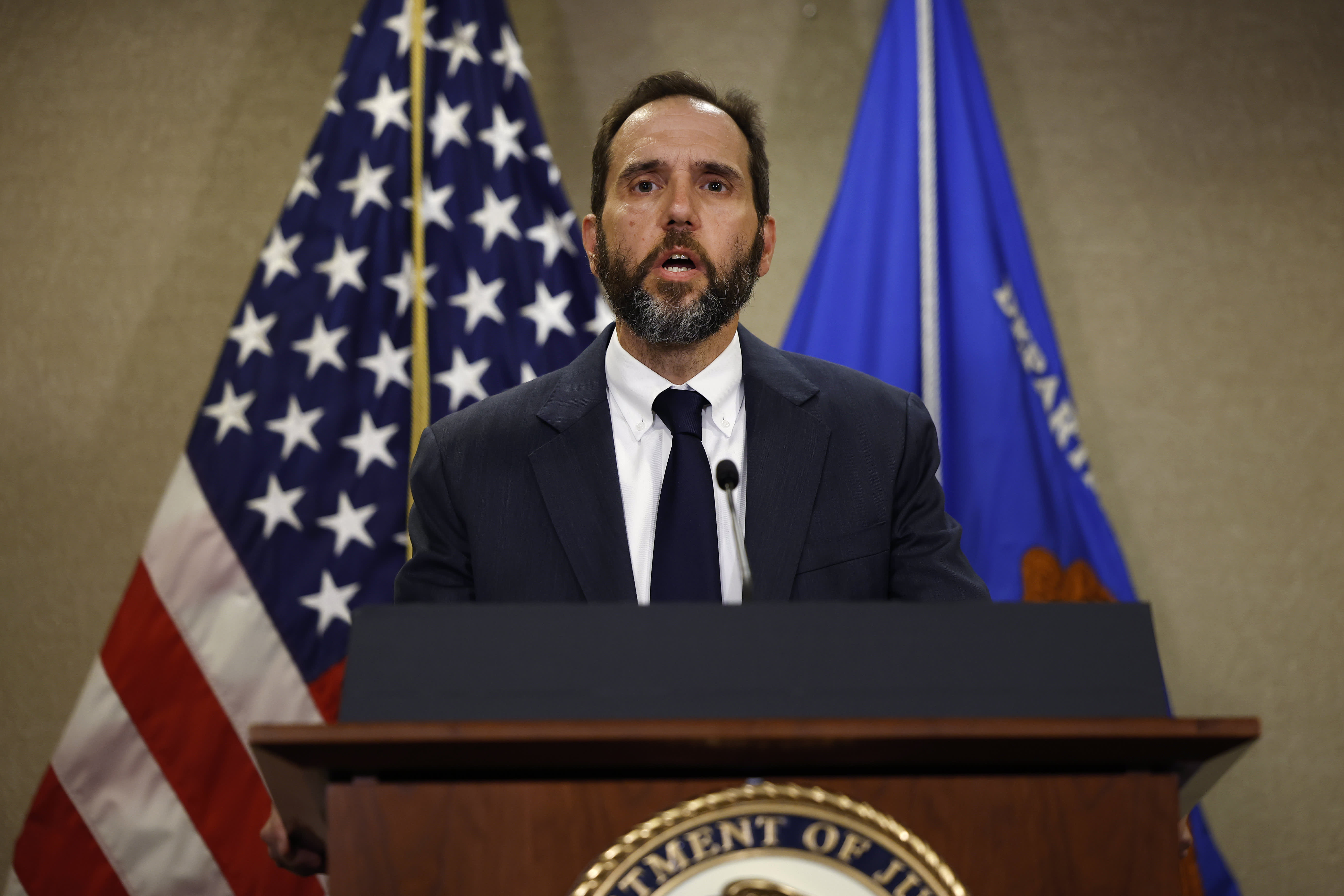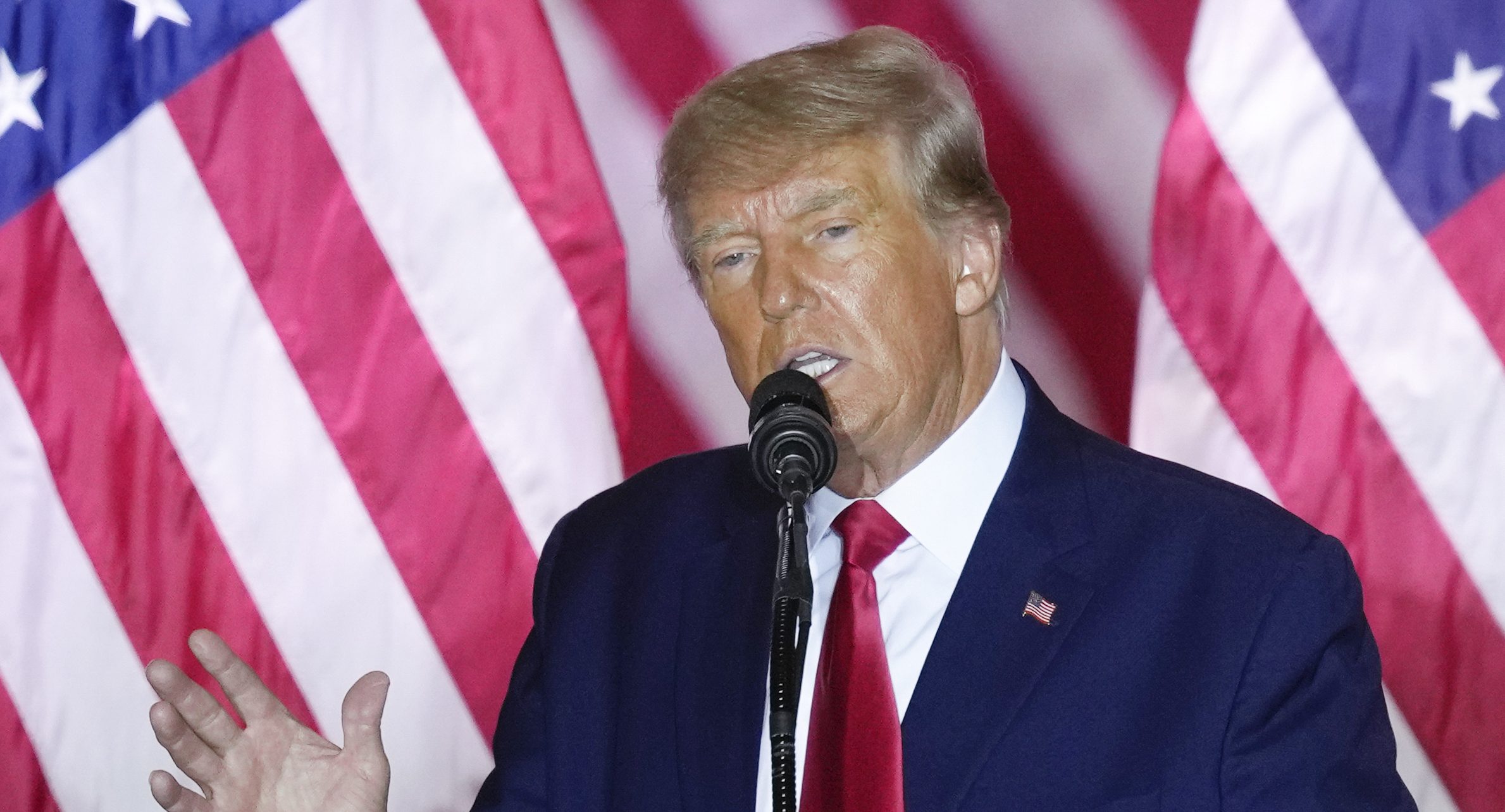A federal grand jury has indicted Donald Trump in connection with his mishandling of more than 100 classified documents that were discovered last year at his Mar-a-Lago resort in Florida, making the twice-impeached former commander-in-chief the first former president to face federal criminal charges.
But what does it mean to be indicted and what charges is the former president facing? Here's what to know.
WATCH ANYTIME FOR FREE
>Stream NBC10 Boston news for free, 24/7, wherever you are. |
Indictment vs. arraignment — what's the difference?
Get updates on what's happening in Boston to your inbox. Sign up for our >News Headlines newsletter.
According to the Department of Justice, when a person gets indicted, they "are given formal notice that it is believed that they committed a crime." That indictment informs them of the charges they face and other basic information.
An arraignment is the accused individual's first appearance in front of a judge to face the charges.
The person will be fully informed of the charges and what rights they have going forward (rights to a trial, an attorney, etc.). They can then enter a plea of guilty, not guilty or no contest (otherwise known as Nolo Contendere).
Before a plea is entered however, the accused person and the prosecutors can reach a plea agreement to settle the case before a trial starts. Otherwise, the defendant pleads not guilty or no contest, and a trial date will be set.
When will Trump appear in court?
Trump has received a summons to appear in U.S. district court on June 13, NBC News reported.
What has Trump been charged with?
Trump is facing seven criminal charges in connection to more than 100 classified documents that were discovered last year at his Mar-a-Lago resort in Florida.
What is a grand jury?
A grand jury is made up of people drawn from the community, similar to a trial jury. But unlike juries that hear trials, grand juries don’t decide whether someone is guilty or innocent. They only decide whether there is sufficient evidence for someone to be charged. Grand juries exist in the federal court system and in many states.
Proceedings are closed to the public, including the media. There is no judge present nor anyone representing the accused.
Prosecutors call and question witnesses, and grand jurors can also ask questions.
Centuries-old rules have kept grand juries under wraps to protect the reputations of people who end up not being charged, to encourage reluctant witnesses to testify, to prevent those about to be indicted from fleeing and to guard against outside pressure.
Grand juries have long been criticized as little more than rubber stamps for prosecutors. Former New York Judge Sol Wachtler famously said that prosecutors could convince a grand jury to “indict a ham sandwich.” Defenders of the process say it is a crucial safeguard against politically motivated prosecutions.
Can a former president be indicted?
In a word, yes. Longstanding Justice Department policy prohibits the federal indictment of a sitting president, but Trump, two years out of office, no longer enjoys that legal shield.
Trump was indicted by a Manhattan grand jury earlier this year over an investigation into hush money payments made to Stormy Daniels.
The former president was charged with falsifying business records over the payments made to Daniels and another woman near the end of his presidential campaign in 2016.
He’s since pleaded not guilty.
In the New York case, Trump is facing 34 felony counts.
That trial is set to begin March 25, 2024, according to NBC News.
NBC News and the Associated Press contributed to this report.




